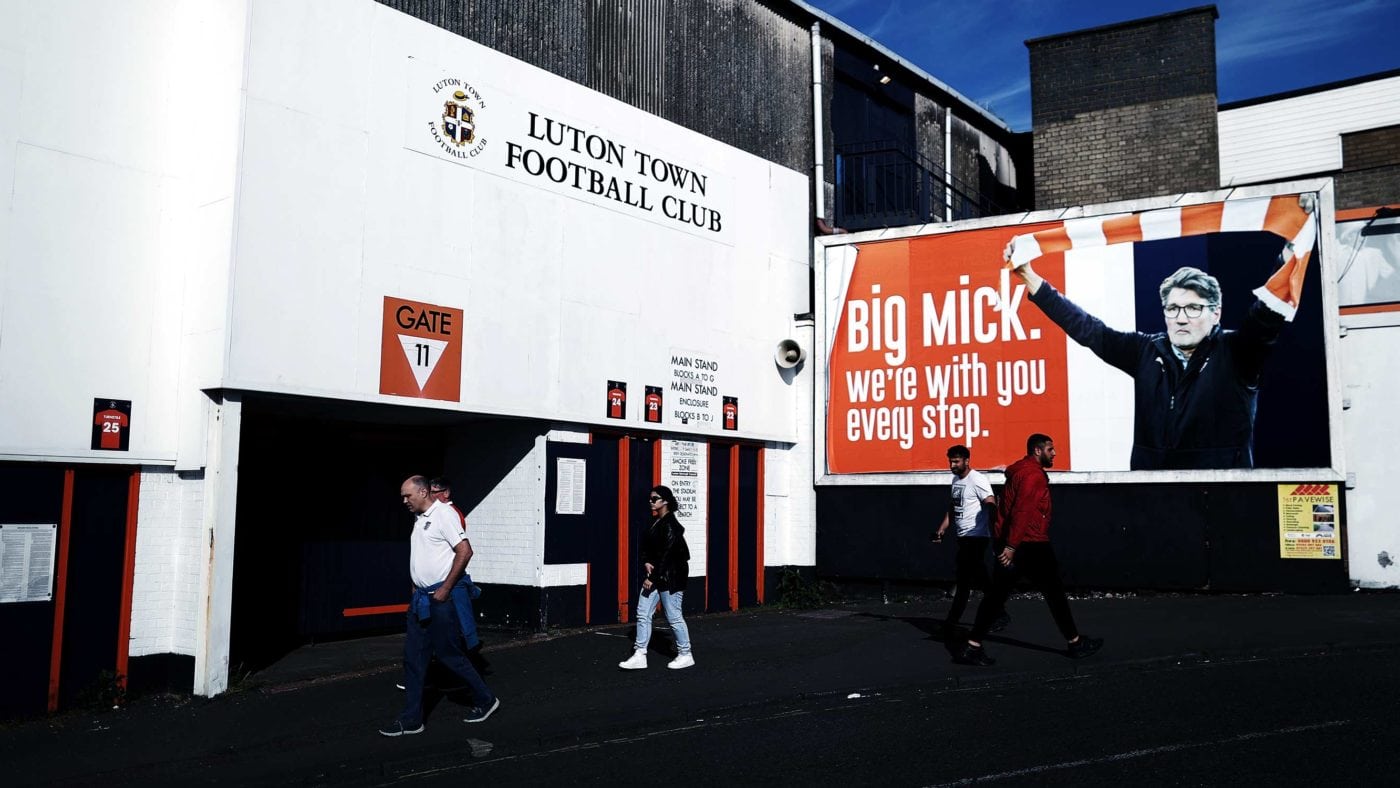A year on from Tory MP Tracey Crouch’s fan-led review of football governance in England, the country’s most popular sport remains in urgent need of institutional and cultural reform.
English football has suffered its fair share of tragedies in the lower leagues and scandals at the very top. The winding-up of Macclesfield Town and expulsion of Bury – two provincial market-town clubs established in 1874 and 1885 respectively – told a story of gross financial mismanagement, with many loyal working-class fans paying the price.
At the other end of the spectrum, the proposed breakaway European Super League (ESL) – half of whose founding members were Premier League clubs – was an especially egregious case of corporate greed which showed complete disregard for football fans. A YouGov poll carried out shortly after the announcement of the ESL found that 79% of British football fans opposed its creation.
So, what could be done to help prevent such outcomes in the future? The central recommendation of the Crouch Review was the creation of a new Independent Regulator of English Football (IREF). The IREF would have a statutory objective of ensuring English football is ‘sustainable and competitive for the benefit of existing and future fans and the local communities football clubs serve’ – meaning that it would have both financial and social regulatory functions.
A key element of the financial regulation would be the introduction of a rigorous system of ‘owners’ and directors’ tests to ensure that only credible custodians and qualified directors can run English football clubs, which should be viewed as vital community assets in need of protection. It’s no secret that greed and incompetence have contaminated decision-making processes at all levels of English football – undermining the stability and security of clubs with grand traditions, whose presence is a vital part of their communities.
The creation of the IREF would provide a golden opportunity to introduce a comprehensive assessments system that examines the historic business practices and financial record of potential owners, as well as requiring them to submit detailed plans which are centred on how the club will be run in a financially sustainable manner post-acquisition. This could involve an enhanced due diligence check on source of funds which involves relevant stakeholders such as the Home Office and National Crime Agency (NCA) – injecting much-needed scrutiny over the ownership and directorship of football clubs in England.
While much of the focus on reforming English football is on financial regulation, strengthening social and cultural protections must be an integral part of the game’s governance. Football clubs are far from being profit-maximising machines of the private sector – they are often vital community assets with rich histories which are an integral part of their towns’ civic identities. While it is true that there has been an internationalisation of football fan bases with the growing commercialisation of English football, there are decisions – not least stadium relocation – which can have a disproportionate impact on local fans and businesses.
A new independent regulatory authority should not only ensure greater financial sustainability, but also protect key items of club heritage. My hometown club, Luton Town FC, provides a decent example on this front. After experiencing a tumultuous period where it fell into administration and was relegated in three consecutive seasons (2006-7; 2007-8; 2008-9), Luton’s rebuilding phase included the supporters’ trust owning considerable shares in the club, electing a representative to the club’s board, and holding the right to veto over any changes to the club’s identity, such as its name, nickname, kit colours, club crest and mascot.
Greater fan consultation over sensitive matters of club tradition and heritage should be promoted throughout the English game. If supporters believe they are being unfairly excluded from such decision-making processes by their club’s owners and directors, there ought to be a serious regulatory body to which they can direct their grievances. This process of ‘democratisation’, which lies at the heart of the new “For Fans Too’ campaign led by think-tank ResPublica, would help to foster a more inclusive and less hierarchical footballing culture in England.
A more equitable model of governance will improve the experience of fans and enable clubs to serve as the community assets they were founded to be. It is time that an independent regulatory authority was established – one that ensures English football becomes a shining example of a socially responsible industry which operates in the wider public interest.
Click here to subscribe to our daily briefing – the best pieces from CapX and across the web.
CapX depends on the generosity of its readers. If you value what we do, please consider making a donation.


